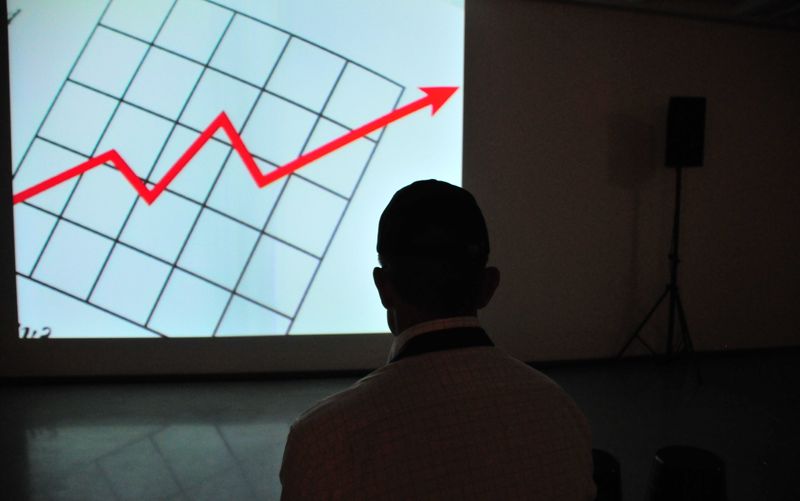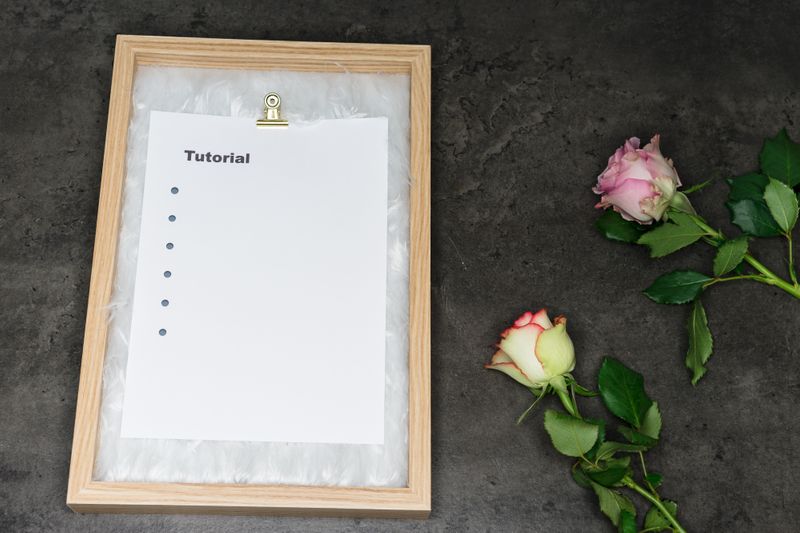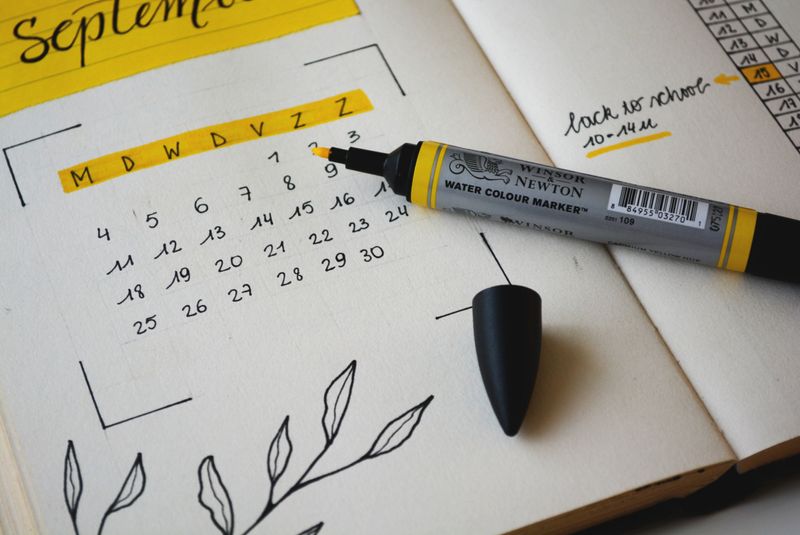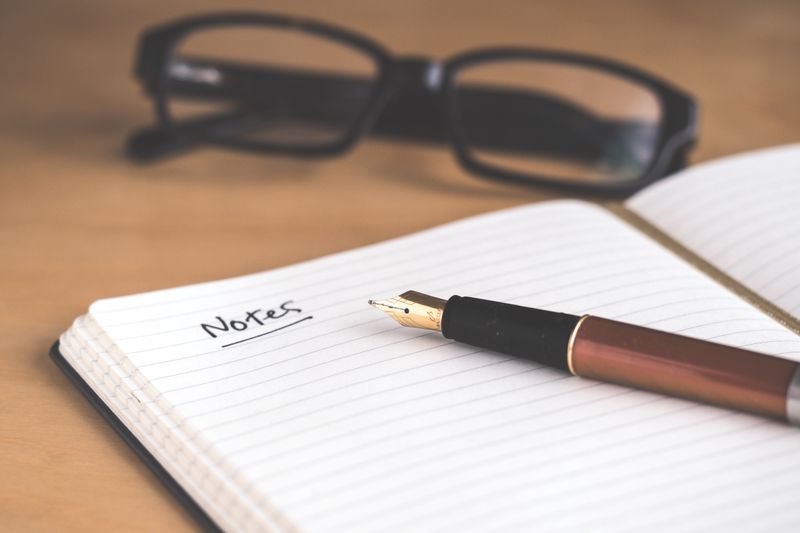
Communication is key to teamwork...
...but if we aren't careful, we can lose the entire workday to seemingly-endless meetings with members of our team.
Check-in conversations are ideal for keeping coworkers and team members up to date and keeping everyone on task--without taking too much time.
Making check-in conversations a habit can greatly improve communication and productivity throughout your team.
What are check-in conversations?

Check-in conversations are brief conversations with a team member or manager about:
What we're working on at present
Any challenges we're experiencing
How we can best help one another
Keeping a check-in conversation friendly and focused on the three items above will ensure that team members share open communication.

Check-in conversations help team members remain:
engaged
focused
open
collaborative
The value of check-in conversations
We know from publications like the Harvard Business Review that teams who engage in regular check-in conversations experience higher engagement at work.
Having frequent, lively check-in conversations can help turn an ordinary project into an extraordinary achievement of teamwork!
How to conduct check-in conversations

There's one important rule to keep in mind: make your check-in conversations work for you!
The team members taking part in the conversation are free to suggest a time and place for the check-in that works for them. You can hold an effective, productive check-in over a cup of coffee... or on a brief walk outside... or in your office--anywhere you feel comfortable and focused.

"Make your check-in conversations work for you."
Tips for successful check-in conversations:
Come prepared. Make a note of your current projects and any challenges you may be facing.
Set a timer for 15 minutes. Challenge yourselves to cover all three important topics in that time span.
Ask questions. Check-ins help facilitate teamwork--so take advantage and enjoy some insight from the team!
Quiz
Do you recall the three topics you should focus on, during check-in conversations? Which of the following is NOT a topic to focus on during check-ins?
Make check-in conversations a habit

Having regular check-in conversations at least once per week encourages teamwork and increases engagement.
Schedule a few check-in conversations with your team members or manager, and determine how frequently you'd like to check-in. Some partnerships prefer to meet once per week, while others find it beneficial to meet more often--or even every day! Remember the most important rule: make your check-in conversations work for you!
After each check-in...
...be sure to make a note of what was discussed. This will help your next check-in conversation be even more productive.
Review the notes from your previous check-in and ask follow-up questions like:
"How have you been progressing, since then?"
"Did you try the strategy we discussed?"
"Since we last spoke, have things improved, or have they become more complicated?"

Come prepared with your notes from your previous check-in conversation, when it's time for your next meeting.
Quiz
It's important to have check-in conversations...
Take Action
To summarize, check-in conversations are brief conversations with a team member or manager about:
What we're working on at present
Any challenges we're experiencing
How we can best help one another
It's important to keep these check-in conversations brief and to stay on topic. Remember: check-in conversations become more valuable when you make them a regular habit!
Challenge yourself to schedule a few check-in conversations with a team member or manager. Come prepared, stay focused, and enhance your teamwork and communication together!
Your feedback matters to us.
This Byte helped me better understand the topic.
